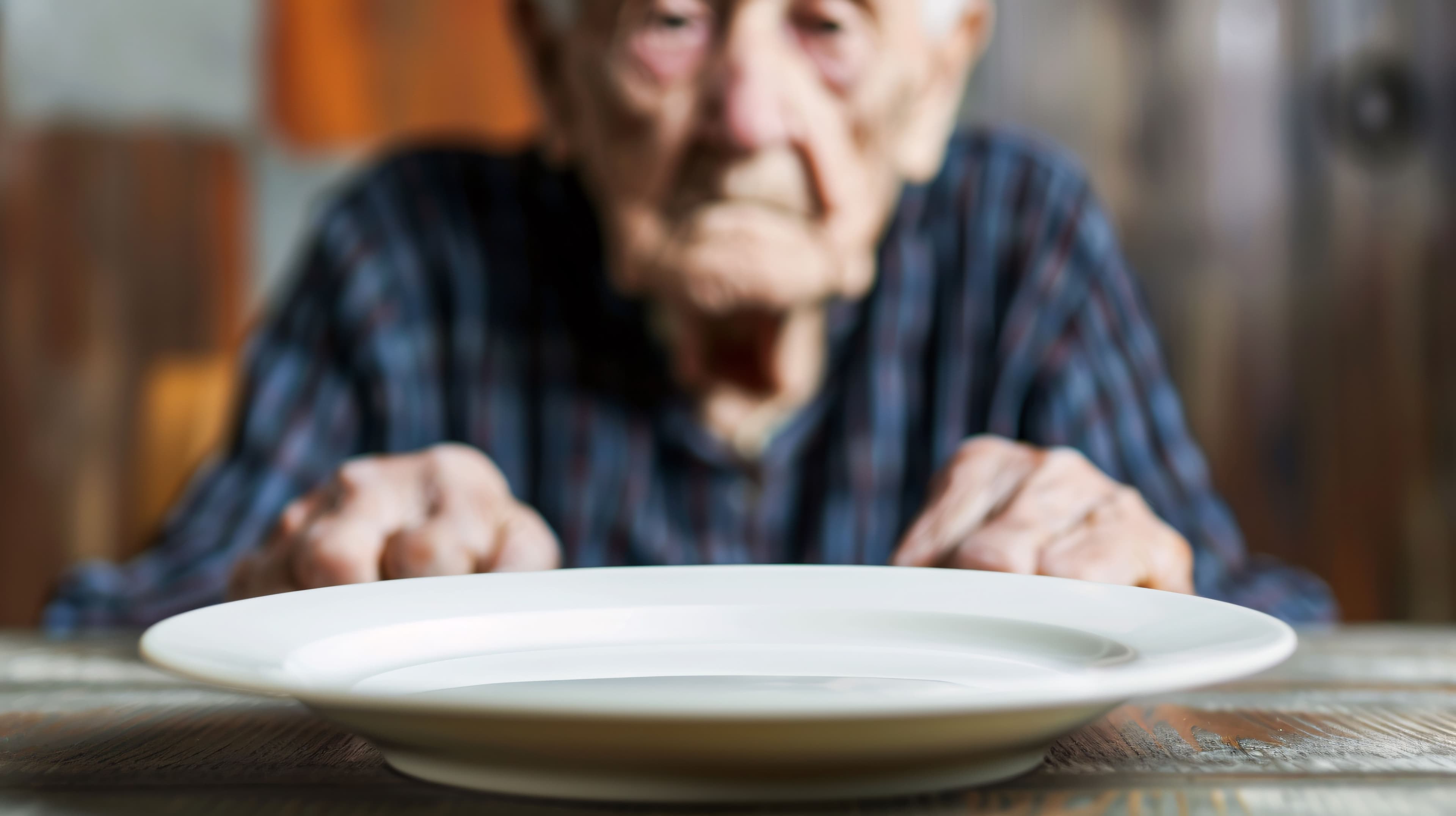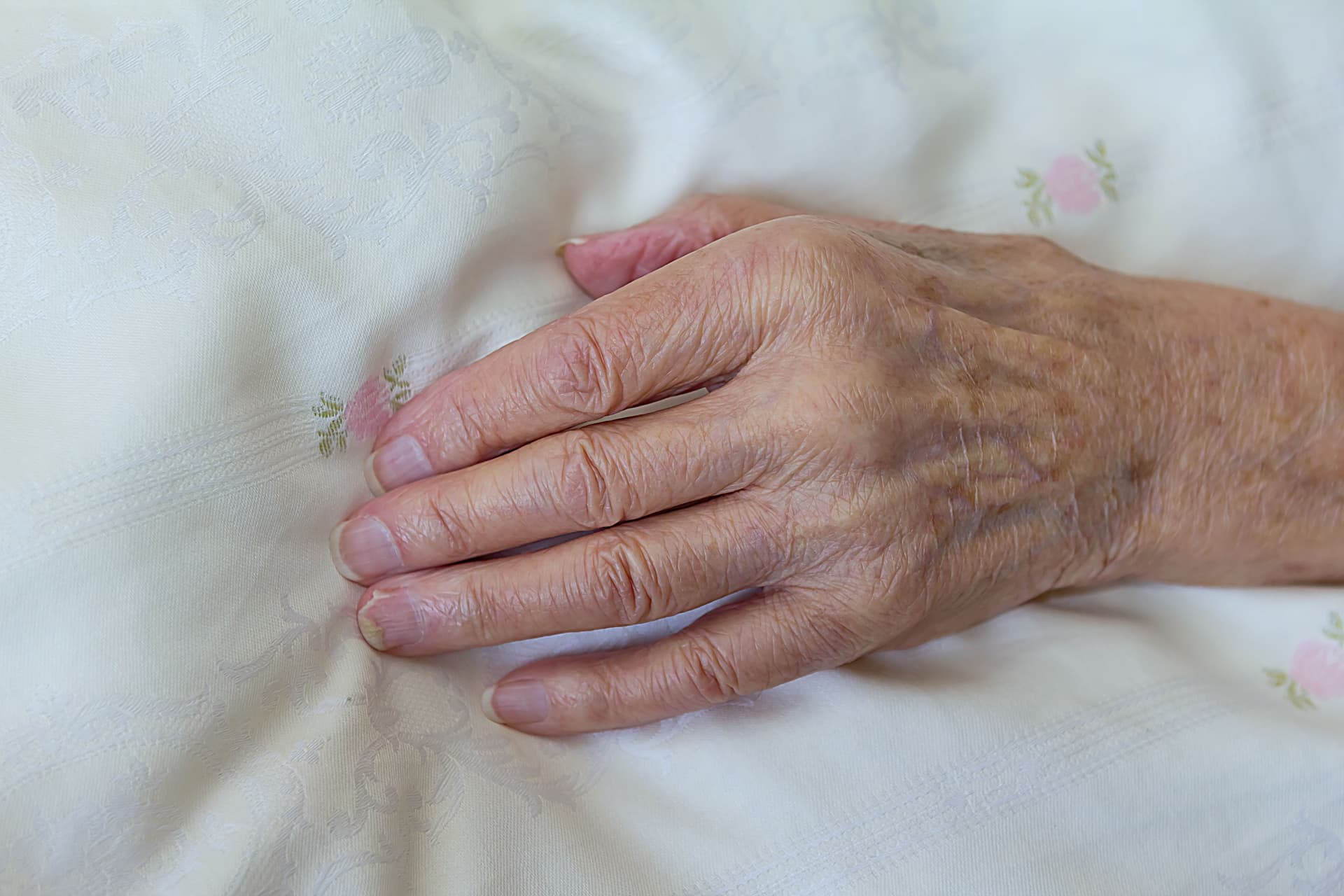
Nursing home abuse and neglect put vulnerable residents at serious risk, leading to malnutrition, dehydration, infections, and preventable injuries. When facilities fail to provide adequate care, residents suffer, and families are left feeling helpless. Lack of supervision, improper medical treatment, and unsafe conditions can result in devastating harm. Understanding the warning signs, knowing your legal rights, and holding negligent facilities accountable are crucial steps in protecting your loved ones. Learn how to take action and seek justice.
December 14, 2024
3 min
Malnutrition in nursing homes is an alarming yet often overlooked issue, silently affecting thousands of residents each year. Despite the expectation of proper care, many nursing home residents suffer from inadequate nutrition, leading to serious health complications and diminished quality of life. At Michael Hill Trial Law, we are committed to advocating for those whose trust has been betrayed, ensuring negligent facilities are held accountable for their failures.
Malnutrition occurs when residents do not receive the nutrients their bodies need to function properly. For elderly individuals, who are often more vulnerable to health complications, malnutrition can have devastating consequences. This issue often goes unnoticed until severe symptoms appear, making early detection and prevention critical.
Malnutrition is not always immediately visible, but its effects are far-reaching. Families should be aware of common warning signs that their loved one may not be receiving adequate nutrition.
When these symptoms arise, it is essential to act quickly. Neglecting these signs can lead to life-threatening complications such as weakened immune systems, organ failure, or even death.
Malnutrition affects every aspect of a resident’s life, leading to profound physical, emotional, and social consequences.
Malnutrition in nursing homes is rarely a standalone issue. It is often a symptom of deeper systemic problems, including poor management and inadequate regulations. Facilities that fail to prioritize resident care often cut corners in staffing and meal preparation, leading to widespread neglect. Additionally, many nursing homes lack sufficient oversight from external agencies, allowing these problems to persist unchecked. Advocacy and legal action play a crucial role in addressing these systemic failures, pushing for stricter standards and greater accountability.
Families also play an essential role in preventing and identifying malnutrition. Regular visits to observe mealtime routines, monitoring their loved one’s physical and emotional state, and asking detailed questions about dietary practices can help uncover issues early. Families should not hesitate to raise concerns with nursing home management or seek legal advice if they suspect negligence. Michael Hill Trial Law is here to assist families in navigating these challenges and ensuring their loved ones receive the care they deserve.
Malnutrition in nursing homes is often a symptom of broader negligence. When facilities fail to meet their duty of care, they must be held accountable. Michael Hill Trial Law specializes in representing victims and families impacted by this gross neglect.
To build a strong legal case, our team focuses on:

At Michael Hill Trial Law, we provide comprehensive legal support for families seeking justice for malnourished loved ones. Our approach is built on compassion, meticulous investigation, and relentless advocacy.
By holding nursing homes accountable, we not only seek justice for individual victims but also drive systemic changes to prevent future neglect.
"When we noticed my father losing weight rapidly, we brought it to the nursing home’s attention, but nothing changed. It was heartbreaking to see him suffer. Michael Hill Trial Law stepped in and fought tirelessly for us. They uncovered the facility’s neglect and secured a settlement that gave us the closure we needed. Thanks to them, we know we made a difference for other residents." — Sarah L.
Beyond individual cases, Michael Hill Trial Law is committed to creating lasting improvements in nursing home care. By advocating for accountability and reform, we strive to ensure that every resident receives the dignity and respect they deserve.
Malnutrition in nursing homes is a preventable tragedy that demands accountability. If your loved one has suffered due to inadequate care, Michael Hill Trial Law is here to help. Contact us today to schedule a consultation and start the fight for justice. Together, we can expose negligence, secure compensation, and ensure that no resident goes hungry in silence.